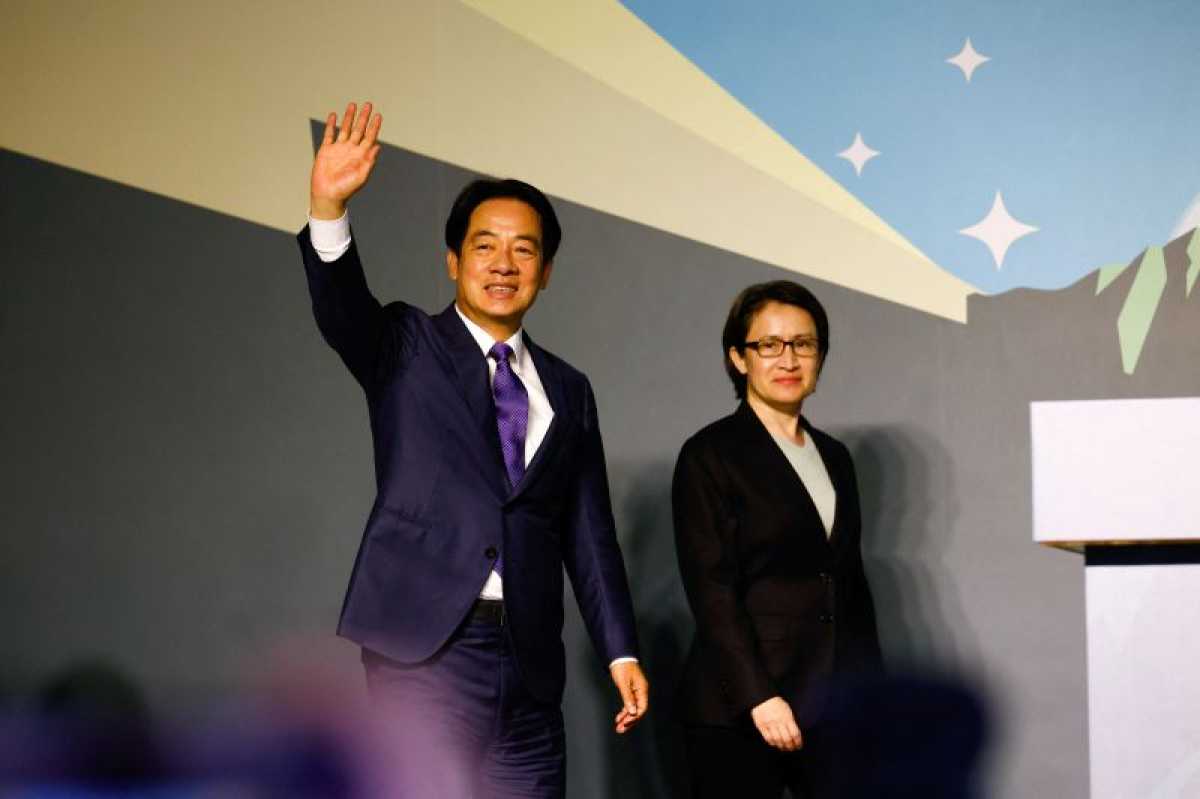Politics
Taiwanese Voters Reject Chinese Pressure and Elect Democratic Progressive Party’s Presidential Candidate

Taipei, Jan 13 (Reuters) – Taiwanese voters have defied Chinese pressure and elected the Democratic Progressive Party‘s (DPP) presidential candidate into power, in a strong rejection of China‘s attempts to sway the election. Lai Ching-te, the DPP’s candidate, champions Taiwan’s separate identity and rejects China’s territorial claims, making his victory significant.
Lai’s victory marks the first time in Taiwan’s current electoral system that the ruling party will secure a third successive four-year term. However, despite the win, the DPP has lost its majority in parliament, which will make it more challenging for Lai to pass legislation and address domestic issues such as the high cost of housing and stagnating wages.
In the election, Lai only won 40% of the vote under Taiwan’s first-past-the-post system, unlike President Tsai Ing-wen, who secured a landslide victory in the previous election. Despite this, Lai hailed his triumph as a historic moment for Taiwan’s democracy.
While Lai stated his commitment to maintaining the status quo in relations across the Taiwan Strait, he expressed determination to safeguard Taiwan from threats and intimidation from China. Lai also emphasized the need for cooperation and dialogue with Beijing on an equal basis, although he did not provide specific details.
China had denounced Lai as a dangerous separatist leading up to the election but did not specifically mention him in its response to his victory. The Taiwan Affairs Office in China stated that the DPP does not represent mainstream public opinion on Taiwan, emphasizing that China remains firm in its stance on achieving reunification with Taiwan.
Despite the geopolitical tensions between Beijing and Washington, Lai stressed the importance of pursuing peace in cross-strait relations. The election took place amid an arms race and increased military pressure on Taiwan, as China considers the island its “sacred” territory.
The election turnout was around 72% of the nearly 19 million eligible voters in Taiwan. Lai acknowledged the areas where the DPP needs improvement and extended an olive branch to his opponents, promising to include talent from their parties to address the challenges Taiwan faces.
The Kuomintang‘s Hou Yu-ih, who Lai had portrayed as pro-Beijing despite his protests, conceded defeat, as did former Taipei Mayor Ko Wen-je of the Taiwan People’s Party. Ko expressed openness to collaboration based on reasonable discussions.












